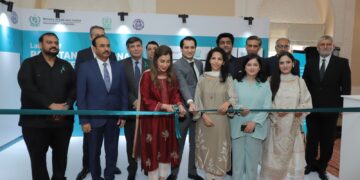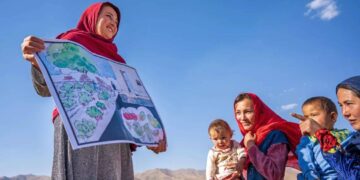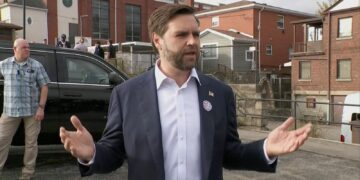BY : Hasan Khambati,Karachi, Pakistan
Al Jamea Tus Saifiyah.
Karachi : Public health and sanitation. The recent outbreaks of waterborne diseases, especially in our urban centers, underscore the critical need for a robust sanitation infrastructure. Yet, this need is often overshadowed, tucked away into corners as inconvenient truths we prefer not to confront.
Sanitation issues are far from trivial – they impact not only our health but also the productivity, well-being, and resilience of our communities. I am reminded of this daily, as I hear the continuous, almost haunting “bis bis” sound of water trickling in neglected spaces like bathroom corners. It’s a sound that’s always there, a reminder of the things we choose to ignore. This persistent noise isn’t just irritating; it symbolizes a deeper negligence. And while the disturbance grows, those responsible for addressing it seem unbothered, seemingly unaffected by the consequences of letting such issues persist.
The silence around these matters is equally troubling. Discussions about sanitation are often dismissed, as if they’re too “zaleel,” too beneath serious consideration – as some might say of “Misri,” who has no patience for matters deemed mundane or unpleasant. But the reality is, such dismissals prevent us from tackling the root issues. A healthier community is only possible when we stop ignoring the steady “drip” of neglect and acknowledge the problem openly.
Thankfully, there are those willing to take a stand, those who are unafraid to ask probing questions, much like “Khety,” who has an almost uncanny ability to ask questions that may seem strange at first but ultimately reveal deeper truths. This bold spirit of inquiry, unfiltered and fearless, is exactly what we need to confront the sanitation challenges we face and to uncover the often-hidden factors contributing to this crisis.
To move forward, we need to bring sanitation to the forefront of public discussion. It’s time for policymakers, health experts, and citizens alike to address this issue head-on. Only through collective action can we build the healthier, cleaner future we all deserve.
















